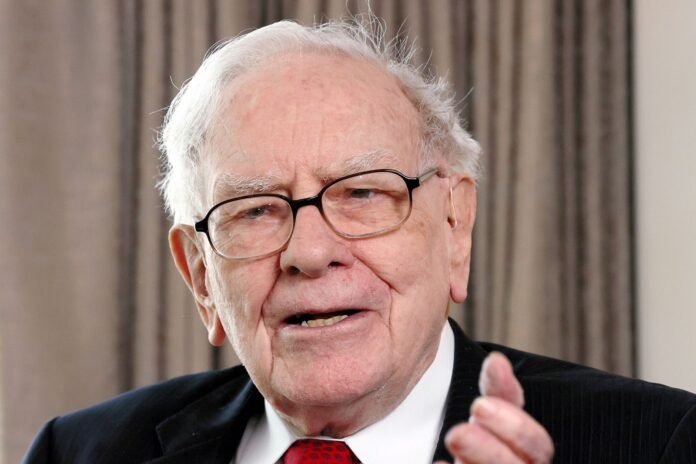Warren Buffett continues to reshape global investment thinking from his U.S. base. In his 2025 letter to Berkshire Hathaway shareholders, he explained why Japan’s trading companies deserve American attention. The U.S. investment world now closely watches these five conglomerates: ITOCHU, Marubeni, Mitsubishi, Mitsui, and Sumitomo.
Buffett began investing in them in 2019. While many dismissed the companies as overly complex, he focused on value. He noted their stocks were undervalued. That insight transformed how U.S. investors view Japanese markets. Buffett’s Japan bet is now a case study for American institutions seeking global returns.
These trading companies operate across industries like energy, metals, chemicals, and food. They resemble Berkshire Hathaway in structure. Like Buffett’s firm, they span entire supply chains, from raw resources to retail. This similarity attracted U.S. investors searching for diversified international exposure.
Another reason for growing U.S. interest is strategy. These companies, like Berkshire, take a long-term view. While private equity firms chase fast profits, Buffett prefers businesses that grow steadily. U.S. analysts see these Japanese firms as reliable, forward-looking partners.
Furthermore, Buffett’s Japan bet highlights long-term value investing. He repeated this approach throughout his letter. That phrase resonates with U.S. investors weary of short-term volatility. He emphasized it again when describing the companies’ steady growth. And once more, he used long-term value investing to defend their complex but robust structure.
Unlike Berkshire, these Japanese giants do not rely on insurance float to fund deals. Instead, they use strong cash flow and earnings from past divestments. For U.S. investors, that makes them self-sufficient and appealing.
As Buffett increases his stakes, other American firms are taking notice. Wall Street is rethinking global diversification. The Japan strategy may now become a broader U.S. trend, all rooted in Buffett’s timeless belief in long-term value investing.
For more updates , visit DC Brief.


